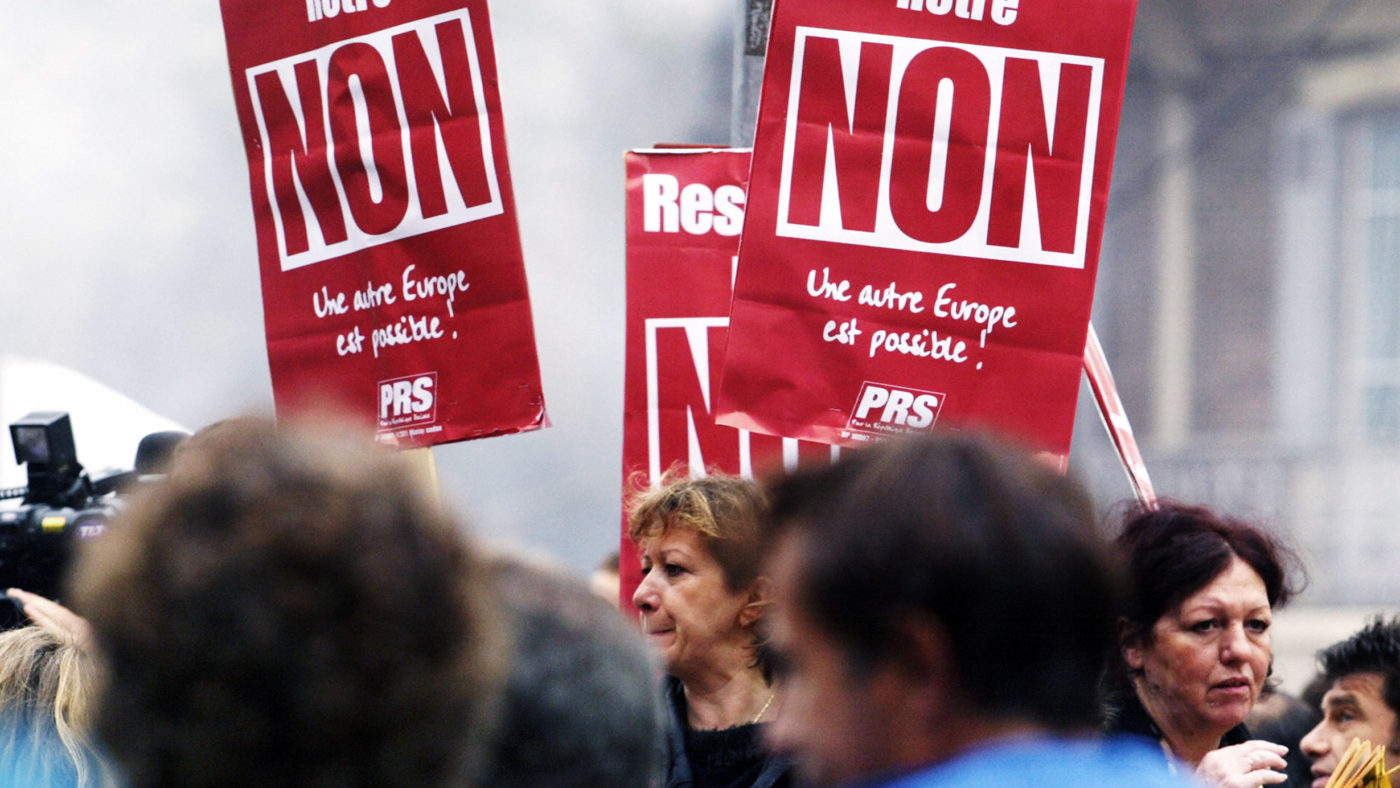Brexit campaigners owe a debt of gratitude to their Continental counterparts. First of all, there were the volunteers who came over during the referendum campaign, both as individuals and as delegates from various organisations. Their presence reinforced morale on the ground, disproved the claims that we were a bunch of Little Englanders, and provided some added media pull for local papers.
But we also owe them a debt for their efforts in their own countries, over many years, in providing a drag on the drive towards ever closer union. Thanks to their struggles, European integration proceeded slowly enough that the United Kingdom never quite passed the point of no return.
The official Leave campaign, as is the nature of such things, dissipated with the mist on the morning of the June 24th. But the wider Eurosceptic movement across the EU did not. Indeed, like the American Revolution, the British referendum will birth consequences felt far beyond its shores. For Eurosceptic movements in other states, it now stands as a precedent, an aspiration, and a model. The mould of the Treaty of Rome has been broken, and the myth of integration as inevitable has foundered. In the field of trade, for example, there is a real possibility that the European Free Trade Association (home to non-EU states such as Liechtenstein, Norway and Switzerland) could be truly revived as an alternative model, displacing the one-size-fits-all mentality of Brussels.
Now, a key question arises from all this: namely, to what extent is the UK Government likely to be engaged in fostering this change continentally?
We can of course predict with some certainty that the FCO will be reticent about supporting Eurosceptics in other EU states who might be seeking to follow in the tracks of Brexit. Revolutionary governments, after all, tend to come a cropper as soon as they start to export their freedoms. And leaving aside the evident diffidence over Brexit among a number of FCO mandarins, there are also obvious practical difficulties in the UK “building fires in other men’s houses” (as per Elizabeth I) while negotiations are ongoing.
Yet it is in the interest of both the United Kingdom and the continent to see that revolution happen. History warns us of the risks associated with monocultures, whether biological or ideological. Our communal interest lies in not seeing a single homogenous continental bloc coalescing, particularly when democratically and economically it embodies so many tectonic flaws.
If Government cannot act, then politicians must. It is, perhaps, difficult (though not impossible) to foresee the Conservative Party collectively fulfilling that role. There are many “true believers” in the EU, who fill major roles in Cabinet, even if the number of Remain backers amongst its Parliamentary body will now inevitably fall away from the fallen bough. The risk is that the party defaults to neutrality.
There remains, therefore, a critical need to have active think tanks, outspoken MPs, and backbench groups engaging as common sense proxies with continental sceptics. If ministers cannot by duty speak out during sensitive talks, then the part falls to bold parliamentarians to lend their voices to friends in Denmark, the Netherlands, Sweden and elsewhere.
But will they do so? While Vote Leave, in which I was honoured to be able to play a part, did have some engagement with our friends overseas, it was a relatively limited affair. It was, understandably, hard to divert my colleagues’ attention from the intense pressures of the domestic media battle and consider the wider Eurosceptic case.
It was, for example, both a crucial and a correct decision to avoid claiming that Britain would solve its European difficulties by remaining a part of the European Economic Area after leaving the European Union proper, as a member of the European Free Trade Association alongside Iceland, Norway and Liechtenstein. Aside from the question of migration, the suggestion by Norway’s prime minister that Oslo might veto EFTA accession would have wrecked the campaign at a stroke.
But that decision, while tactically sound, also led to strategic myopia. There was little opportunity to explain the 42 types of trade arrangement that officially exist between the EU and other countries. There was no opportunity to let the Norwegians themselves explain why the whole description of EEA membership as “fax democracy”, due to its supposed subordination to European diktats, was a pure myth. And before and after the referendum, there was little interest in making arguments that spoke to Europe as a whole rather than the interests of British voters in particular.
Britain has not slain the European dragon – only wounded it. So the likes of Bill Cash, John Redwood, Frank Field and their counterparts can’t hang up their swords just yet. Indeed, if the Conservative Party turns out to be institutionally unwilling to pursue the logic of its split from the EPP, then grassroots Eurosceptics themselves should take up the role. Engaged local party associations, whether Conservative, UKIP or even Labour, could officially or unofficially “twin” with Eurosceptic campaign groups abroad and lend them support from afar.
The heavy lifting however has already been done. The greatest gift the UK will now provide will be that of example. Meanwhile, let us not though be selfish in offering aid to our Eurosceptic friends who seek to join us in our happy lot.


